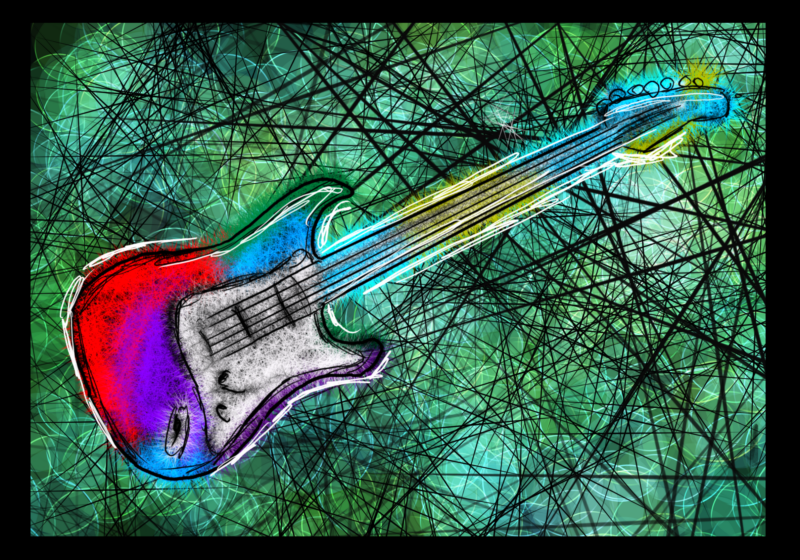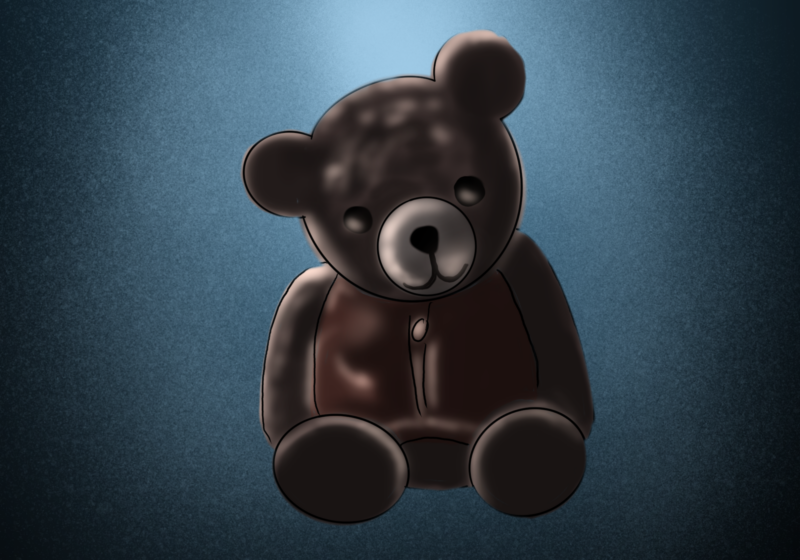For Open Education Week this year, River Campus Libraries (RCL) has selected four UR professors as Zero-Cost Heroes for their commitment to making all course materials free to their students. This year’s Zero-Cost Heroes are Dr. Nancy Chin (Public Health), Dr. Julie Papaioannou (French), Dr. Jonathan Holz (Biology), and Dr. Joshua Dubler (Political Science and Religion).
During the COVID-19 pandemic, RCL had examined various courses and looked into the cost of course materials for courses with high enrollment. As students were scattered all over the globe, it wasn’t feasible to provide the print materials that were normally assigned for their courses.
“To level that playing field, digital was the [way to go],” Director of Learning Initiatives for RCL Kim Hoffman said. “Sometimes those books the professors would like to assign, the library could not access due to publisher reasons. In those cases, it made it difficult for us to make that digital swap. So, OERs become the prime alternative.”
OERs, otherwise known as Open Education Resources, are materials that are used for teaching and learning that are freely available to access. OERs also come with Creative Commons licenses that allow anyone to modify the available materials.
“It takes a lot of time to make these changes and it takes a lot of heart on the professor’s part to want to engage students in the process — and to care about their wellbeing and their pocketbooks,” Hoffman said. “As we hope OERs grow, and [as] this idea of OERs and cost improve, we can continue to highlight people who are doing interesting and innovating things.”
Holz worked with STEM Librarian Moriana Garcia to find a free alternative for the $150 “Human Anatomy & Physiology Plus Mastering A&P” textbook used in BIOL 204: Principles of Human Physiology. The course now uses the Openstax textbook “Anatomy and Physiology” and other textbooks available to students through the library at no cost. Additional learning materials were also created by students.
In comparison, PSY 209: Psychology of Human Sexuality, taught by Professor Ronald Rogge, made waves in online spaces when the professor required students to purchase a $120 dollar textbook in order to access both the readings and a variety of quizzes.
“There were a number of studies that showed the disproportionate increase in textbook costs over the last few decades,” Holz said. “Additionally, there were studies that showed that these changes were disproportionately affecting […] under-represented minorities.”
Papaioannou is also currently in the process of creating Musing the Museums: A Dialogue with Migration and the Art of Everyday Life in France, a French course that is completely free of external cost to students and uses OERs as learning materials through the Mellon Humanities for Life Grant. Papaioannou and Humanities Librarian Kristen Totleben are working together to create student-designed OERs for the course.
“Students have the responsibility to team up with faculty, librarians, and peers to substantiate their work, and engage creatively to build materials that other students and faculty may use in the future,” Papaioannou said. “They also take additional steps to learn and understand how digital scholarship functions, and what they need to do to license their OER, in other words ‘copyright’ their digital work. The process of OER creation allows students to make the best of their learning experience by orienting, connecting, and sharing the outcome of their academic and creative work with others beyond the classroom, in a real-life environment.”
RCL hopes to continue selecting Zero-Cost Heroes from the University community and to further highlight the benefits of OERs.
“It’s inspiring to see what professors are doing, and it could encourage others in the University community to think about possibilities for their courses, Totleben said. , “Certain resources […] might be a small lift or a way to help […] lessen the cost or make it freely available.”






